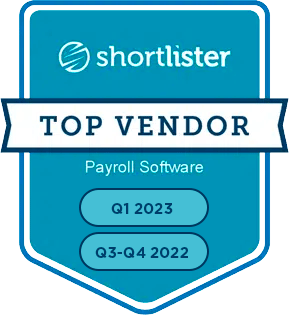If you receive an anonymous complaint, it is important to remain calm and review the complaint objectively regardless of how egregious the accusations may seem. Although the complaint was received anonymously, the company still has an obligation to take action, if necessary, to ensure that employees are provided a workplace that is safe and free from harassing or discriminatory conduct.
We recommend investigating the complaint to the extent possible given the information received. Here are dos and don’ts to keep in mind:
Do:
Determine if an investigation is warranted or possible. Some complaints will not require an investigation, and some may not even require follow up (e.g., personality conflicts do not require investigation and complaints about the brand of sparkling water stocked in the kitchen do not require any follow up).
Begin your investigation as soon as possible and plan to conclude it within a timeframe that is reasonable based on the complaint. Physical harassment and serious safety complaints, for instance, should be addressed immediately and resolved within days. Other harassment investigations should be concluded within two weeks.
Take a measured approach, keeping in mind your intent is first to confirm whether the complaint is valid and take appropriate action if you determine that it is.
Focus on the (alleged) facts presented and do the best you can with what you’ve been given. Anonymous reports are definitely harder to follow up on, but the option of anonymity will hopefully result in more situations being brought to your attention before they turn into bigger issues.Interview those you know are involved. If only a certain group, location, or department is named, start by speaking to other employees who may have experienced the same behavior. For instance, if someone registers a complaint that the Director of Engineering made sexist remarks, first interview the director’s subordinates; if you call the director in first, they will likely deny the accusation and may treat their subordinates worse, making others afraid to tell the truth about the behavior when interviewed later.
Don’t:
Panic. All you can do is your best!
Jump to conclusions or rush to judgment. Take time to review and evaluate the complaint.
Dismiss complaints just because the anonymity of the reporter makes it more difficult to investigate.
Assume the complaint is valid or invalid before doing preliminary research. Never assume.
Retaliate against the suspected complainant or witnesses.
Discuss the matter with anyone who is not relevant to the investigation. Share the complaint only with those who need to know about it. Sharing the contents of an anonymous complaint with those who don’t need to know about it will only discourage reporting in the future.





